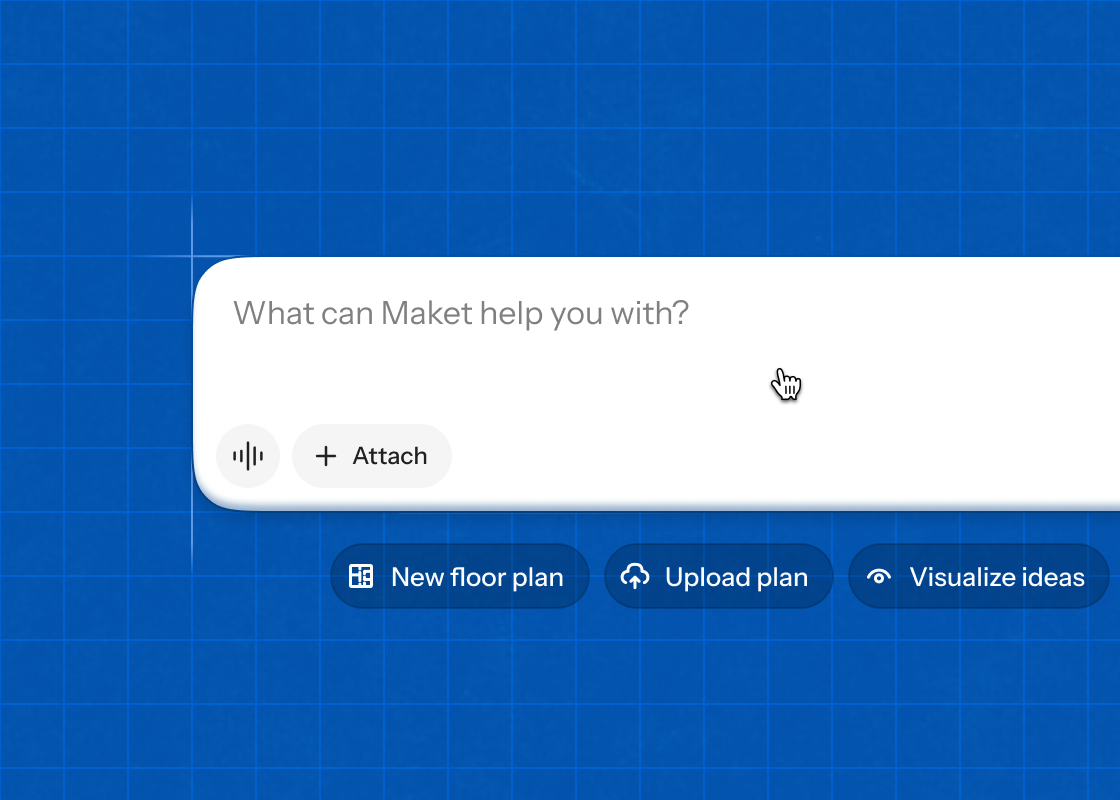
How Generative AI Can Benefit Homeowners in the Design Process
One of the main benefits of generative AI in the design process is cost savings. Traditional design methods, such as hiring an architect or interior designer, can be expensive. Generative AI allows homeowners to receive design recommendations and options at a lower cost.
For example, homeowners can use generative AI platforms, such as Modsy or Havenly, to receive personalized design recommendations for their home. These platforms use algorithms to generate design options based on the homeowner's style and preferences, as well as the dimensions and layout of the home. The homeowner can then select their preferred design and make any necessary adjustments.
Generative AI can also help homeowners save money by reducing the need for physical prototypes. In traditional design processes, creating physical prototypes of a product or space can be costly and time-consuming. Generative AI allows designers to quickly and cheaply generate virtual prototypes, which can then be tested and refined before being physically built.
Examples of Generative AI in Architecture and Design
Generative AI is being used in a variety of architecture and design projects. One example is the use of generative AI in sustainable design. AI algorithms can analyze various data sources, such as weather patterns and energy usage data, to generate design options that optimize for energy efficiency. This can help homeowners save money on energy costs in the long run.
Another example is the use of generative AI in the design of personalized homes. AI algorithms can analyze a homeowner's preferences and generate a unique design that meets their specific needs and wants. This can help homeowners avoid the cost of hiring multiple designers or architects to achieve their desired design.
Limitations and Ethical Considerations
While generative AI has the potential to greatly benefit homeowners in the design process, there are also limitations and ethical considerations to keep in mind. One limitation is the current inability of AI algorithms to fully understand and incorporate human emotions and values into their designs. This can lead to designs that are functional but lack the emotional appeal that humans often desire.
Another ethical consideration is the potential for AI algorithms to perpetuate or amplify existing biases. It is important for designers and homeowners to be aware of this potential and take steps to mitigate it, such as including a diverse range of inputs and training data for the algorithms.
Conclusion
In conclusion, generative AI has the potential to greatly benefit homeowners in the design process by providing cost savings and personalized design options. However, it is important to be aware of the limitations and ethical considerations of using AI in design. As the field of generative AI continues to advance, it will be interesting to see the impact it has on the architecture and design industries.








.png)

